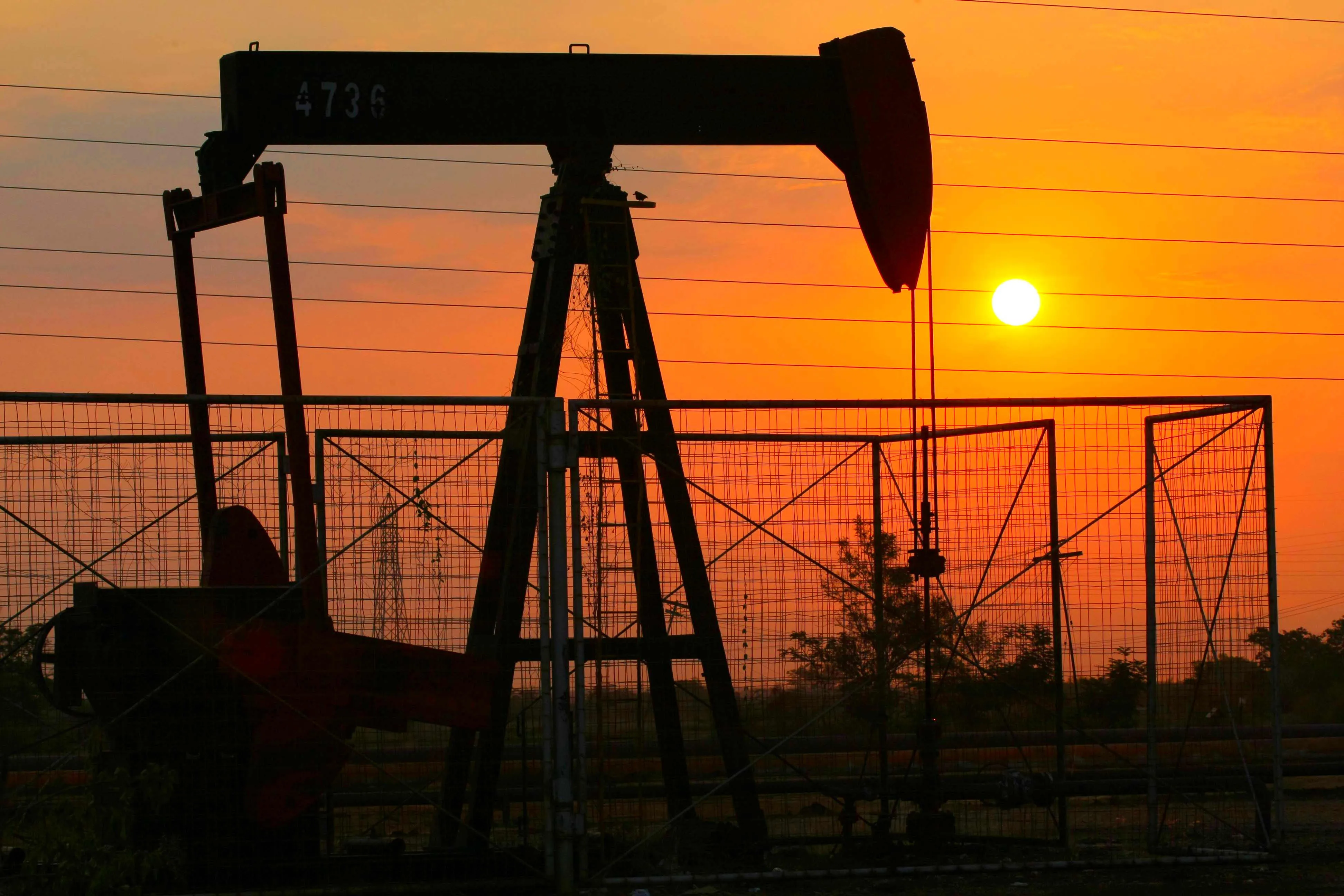Oil and Gas Markets React to Israel's Strike on Hezbollah Leader in Beirut

Oil and gas markets are reacting to increased tensions after Israel's recent airstrike in Beirut that resulted in the death of Hezbollah's leader, Hassan Nasrallah. Despite this significant escalation, oil prices have seen minimal fluctuations, causing analysts to question the potential undercurrents of geopolitical conflict.
Geopolitical Impact on Oil Prices
The airstrike has cast a spotlight on the fragile nature of the region, stirring fears of broader conflicts that could affect oil supply routes. The United States has expressed its concerns regarding the implications this may have for stability in Lebanon and the wider Middle East.
Investors' Responses
- Risk Assessment: Investors are advised to factor in the heightened risk levels associated with Middle Eastern dynamics.
- Market Stability: Current oil prices suggest a level of complacency, but this could change rapidly.
- Political Developments: Continuous monitoring of the situation is essential as new information emerges.
Future Outlook
As tensions rise, the potential for a broader regional conflict could eventually lead to significant adjustments in oil supply metrics. Stakeholders are encouraged to remain vigilant and informed of the shifting landscape.
This article was prepared using information from open sources in accordance with the principles of Ethical Policy. The editorial team is not responsible for absolute accuracy, as it relies on data from the sources referenced.